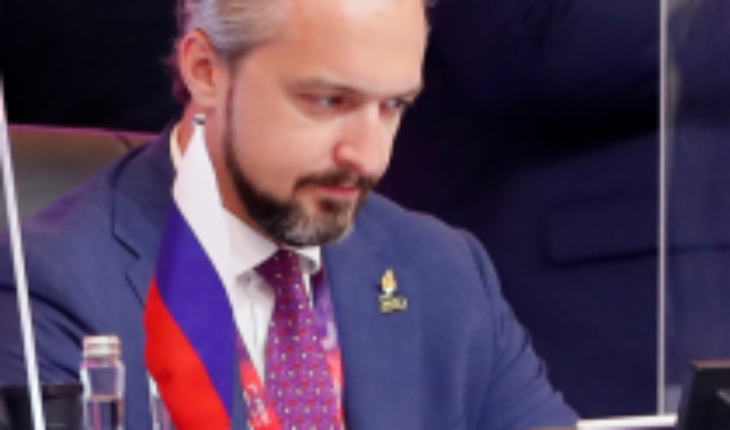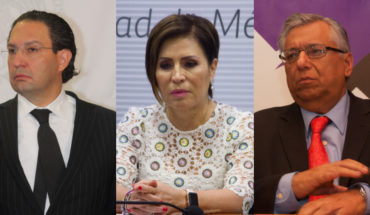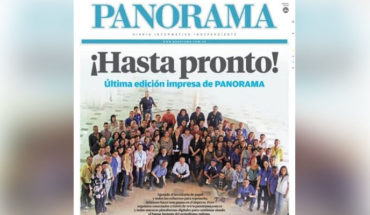Economy and finance ministers and central bank governors from the group of 20 largest economies (G20) today began a meeting on the Indonesian island of Bali over recriminations against Russia over the War in Ukraine and its effect on global food security.
One of the most emphatic during the days, of a hybrid nature (virtual and face-to-face) and that will last until Saturday, was the US Treasury Secretary, Janet Yellen, who went in person to Bali.
Yellen reiterated that Moscow is using food as a “weapon of war” in Ukraine after invading this country in February, which is exacerbating the consequences of the COVID-19 pandemic and the climate crisis on food security.
“Those who are being affected most directly are the poorest households in the poorest countries. Families who use a disproportionate share of their income on food are forced into tough dilemmas,” Yellen said in a debate on the sidelines of the G20 Finance meeting in Nusa Dua, east of Bali.
Russia blocks the outflow of Ukrainian grains into Black Sea ports, an issue to which solutions were sought this week at a meeting between Russia, Ukraine, Turkey and the UN in Istanbul, Turkey.
RUSSIAN PRESENCE
While Russian Finance Minister Anton Siluanov participated virtually, as did his Ukrainian counterpart Serhiy Marchenko, whose country has been invited this year to G20 meetings because of the war, Russia did send a delegation to Bali, led by Deputy Finance Minister Timur Maksimov.
“Russian officials, including those participating in this session, should recognize that they are contributing to the horrific consequences of this war through their continued support for the Putin regime,” Yellen added.
European Economy Commissioner Paolo Gentiloni also accused Russia of the consequences of Ukraine’s war on the global economy, in particular the risk of a food crisis.
“Let there be no doubt: it is because of Russia’s war that the recovery of the global economy now faces a significant delay,” Gentiloni said.
An accusatory tone that Australian Treasury Minister Jim Chalmers seconded on Friday: “It is the invasion by Russia that has undermined energy and food security and not sanctions, and therefore Russia must take full responsibility for this,” he emphasized.
NEED FOR CONSENSUS
Although this time it has not reached the point of April, when several G20 finance ministers left the room when the Russian representatives spoke, the differences between the attendees and the tensions over the war in Ukraine are equally palpable and will hinder the objective: that joint agreements be reached.
Not achieving a consensual final communiqué, as desired by Indonesia, which chairs the G20 this year and tries to build bridges between Russia and Ukraine – its president, Joko Widodo, traveled to both countries two weeks ago – “would be catastrophic,” Indonesian Finance Minister Sri Mulyani Indrawati said on Friday.
The world is facing, he said, a “triple threat” from the war in Ukraine, rising energy prices and global inflation.
“About 60 percent of lower-income economies have trouble paying off their foreign debts or are about to have them,” Indrawati said.
Indrawati recalled that in the last two years the number of people facing food insecurity has gone from 135 million before the COVID-19 pandemic, to 276 million today, while the price of crude oil has risen by 350 percent between April 2020 and April 2022.
POSSIBLE MEASURES
The group’s divisions will make it difficult to make decisions by consensus and “quickly,” as Yellen urged, while calling on countries not to impose restrictions on food exports or build up stocks.
The US Treasury secretary also insisted from Bali on the need to agree on a mechanism to impose a cap on the price of Russian crude that “helps consumers around the world” without having to incur direct bans.
The world’s 20 largest economies will have to address other issues by Saturday, such as the challenges of the climate crisis, ecological transition, debt sustainability and a sustainable and inclusive economic model.
According to the organizers, 120 delegates attend the G20 finance in Bali by teleconference and 407 in a waythis includes 18 finance ministers and 11 central bank governors.
The G20 consists of Argentina, Australia, Brazil, Canada, China, France, Germany, India, Indonesia, Italy, Japan, Mexico, Russia, Saudi Arabia, South Africa, Turkey, the United Kingdom, the United Kingdom and the United States, plus the European Union.
Video via Twitter: @dw_espanol
Follow us on





